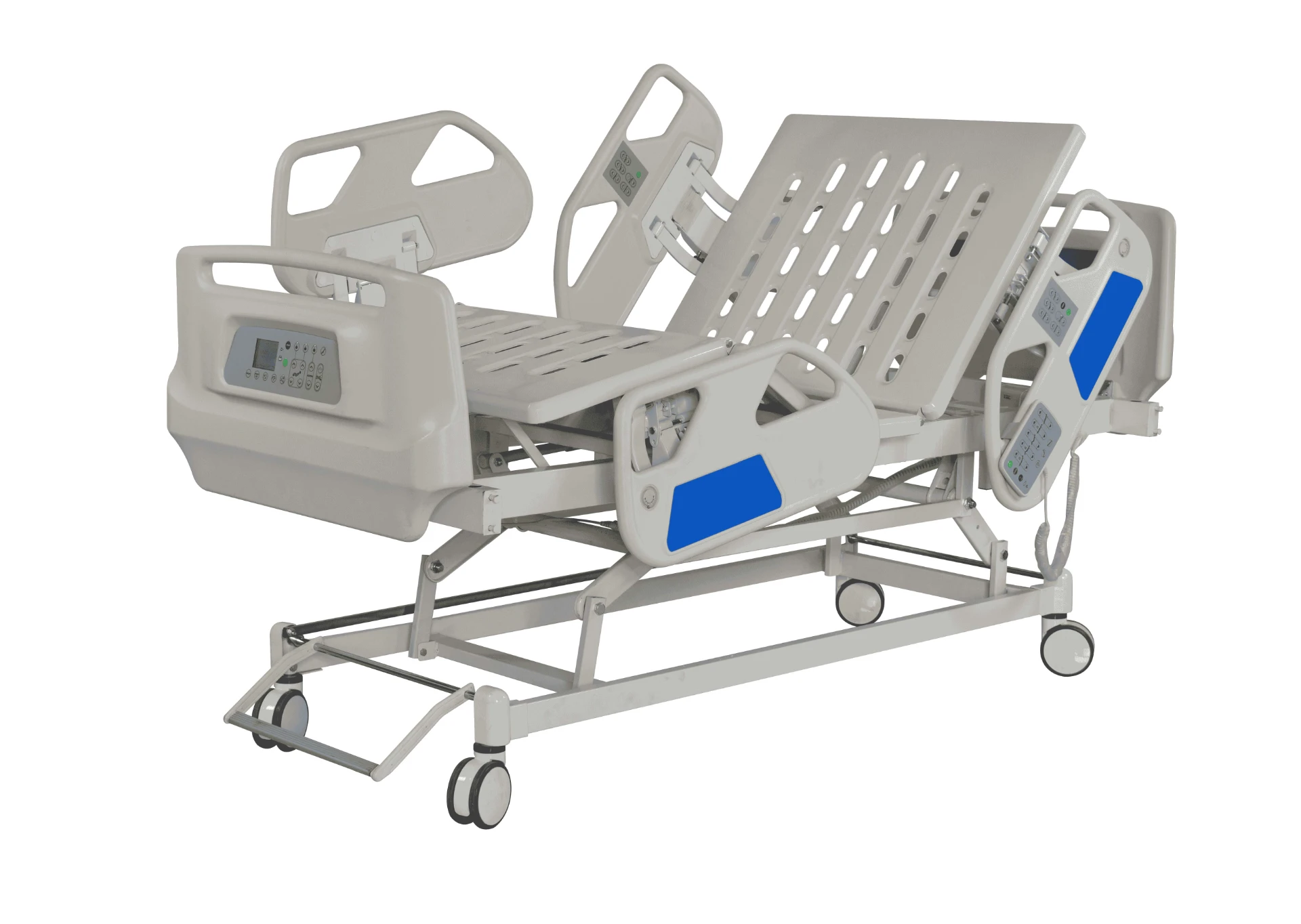Welcome to our websites!
Comfortable Seating Solutions for Chemotherapy Infusion Patients and Healthcare Facilities
The Importance of Chemo Infusion Chairs in Cancer Treatment
Cancer treatment is an arduous journey, often involving various therapies such as chemotherapy, radiation, and surgery. Among these, chemotherapy stands out as one of the most common modalities for managing and treating cancer. While the medications and protocols may take center stage, the environment in which patients receive these treatments plays a crucial role in their overall experience and comfort. Enter the chemo infusion chair—an essential yet often overlooked component of the chemotherapy process.
Understanding the Chemo Infusion Chair
A chemo infusion chair is specifically designed to provide comfort and support to patients undergoing chemotherapy. Unlike traditional hospital or office chairs, chemo chairs are equipped with features that cater to the unique needs of patients receiving long infusion treatments. These chairs are typically adjustable, allowing patients to find their optimal seating position. Many come with extra cushioning, padded armrests, and even built-in heating options to enhance comfort during extended sessions that can last several hours.
One of the defining features of these chairs is their adaptability. Patients may need to spend significant amounts of time in them, and an uncomfortable chair can exacerbate the side effects of chemotherapy, such as nausea, fatigue, and headaches. The ergonomic designs of chemo infusion chairs aim to mitigate these discomforts, providing a supportive space that promotes relaxation during the treatment process.
The Psychological Aspect of Comfort
The psychological impact of a comforting environment cannot be understated when it comes to cancer treatment. The act of sitting in a chemo chair for hours can be daunting. Inside a clinical setting, patients are often surrounded by stark white walls, medical equipment, and the scent of antiseptics. A well-designed chemo infusion chair can help soften this atmosphere, making it a bit more homely and less intimidating.
chemo infusion chairs

The comfort provided by these chairs can also have a direct impact on a patient’s mental state. Oncology nurses and clinicians stress the importance of providing a supportive environment that fosters a sense of safety and calm. When patients experience comfort physically, it can lead to reduced anxiety, allowing them to focus on their health rather than the discomfort of the treatment itself.
Technological Innovations
In recent years, there has been an influx of technological innovations related to chemo infusion chairs. Modern designs often include features such as power recline, built-in massagers, and even USB charging ports, allowing patients to stay connected with family or entertain themselves during infusions. Some chairs even offer adjustable lighting to accommodate the varying preferences of patients—reducing harsh fluorescent lights and creating a more soothing atmosphere.
Healthcare facilities are increasingly turning to new materials and designs that are both functional and aesthetically pleasing. Colorful upholstery, coordinated decor, and plants or art can transform infusion rooms, making them feel less clinical. Integrating these elements can significantly enhance the patient experience, fostering an environment that promotes healing and hope.
Conclusion
As we navigate the complexities of cancer treatment, it is essential to recognize the role of comfort in the healing process. Chemo infusion chairs may seem like a small detail in the grand scheme of things, but they significantly affect how patients perceive their treatment journey. They provide not only mechanical support but also psychological solace, making it easier for individuals to face the challenges that come with cancer therapy.
Investments in high-quality chemo infusion chairs that prioritize comfort and user experience can lead to improved patient satisfaction, better adherence to treatment regimens, and a more favorable overall outcome. This simple yet significant piece of equipment encapsulates the delicate balance between medical professionalism and compassionate care—a guiding principle in the fight against cancer. In doing so, we honor the resilience of those undergoing treatment and support them in their journey toward recovery.
-
Transforming Healthcare with Hospital FurnitureNewsJun.24,2025
-
Rehabilitation EquipmentNewsJun.24,2025
-
Mobility and Independence with WheelchairsNewsJun.24,2025
-
Freedom of Mobility with Our Rollator WalkersNewsJun.24,2025
-
Comfort and Independence with Commode ChairsNewsJun.24,2025
-
Bathing Safety and Independence with Shower ChairsNewsJun.24,2025
-
Navigating the Wholesale Landscape of Electric Mobility Solutions: Key Considerations for Power Wheelchair DealersNewsJun.10,2025











